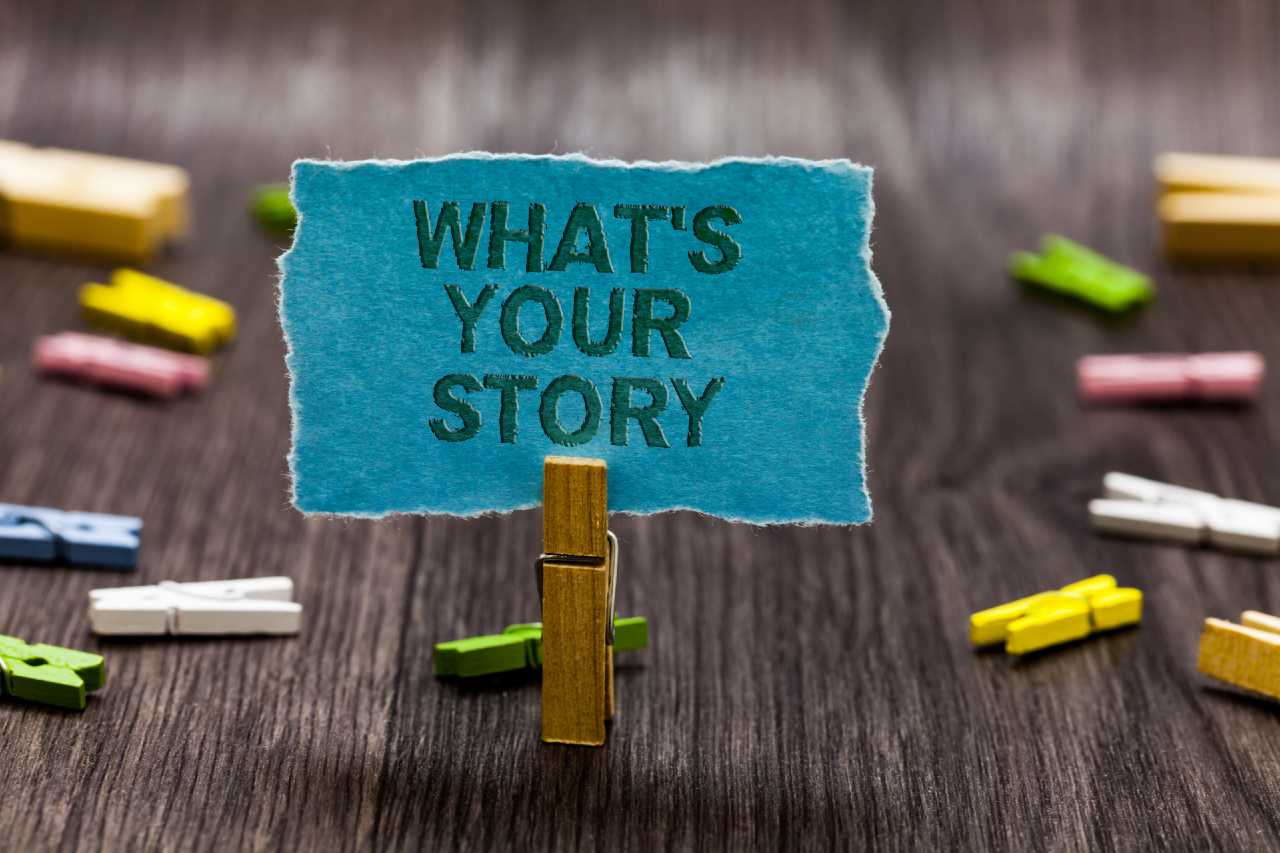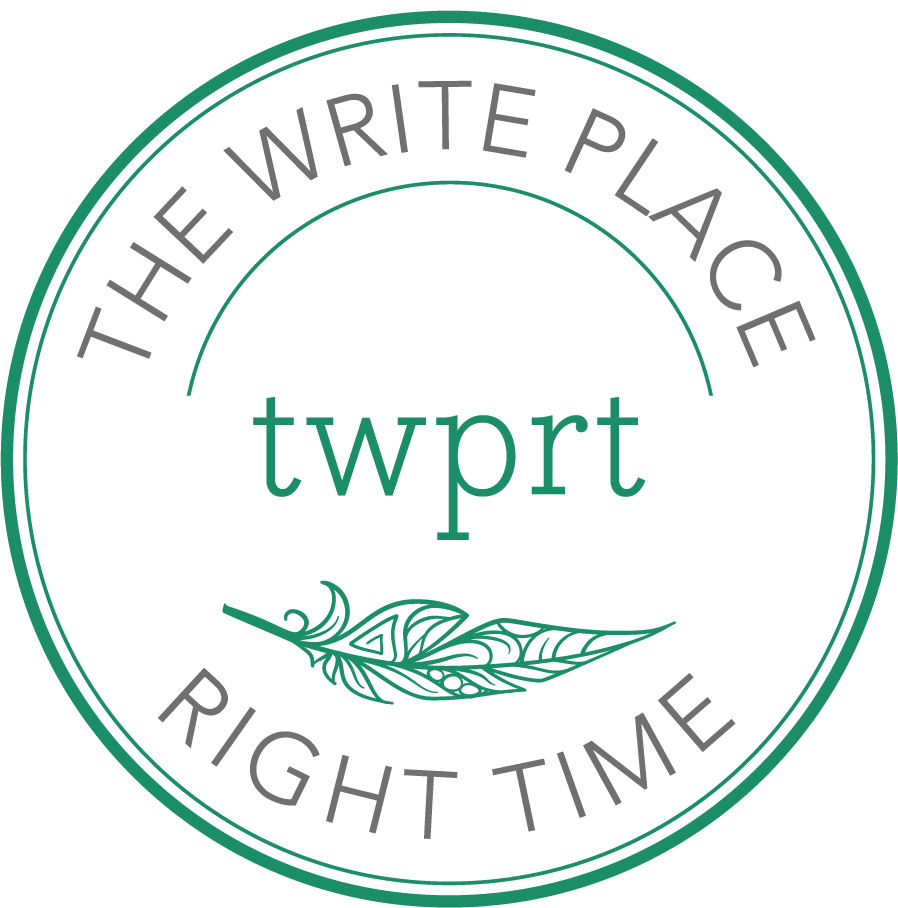
“Hey, Ally, so my friends and family have told me for a long time that I should write a book. Should I?” When people ask me this question they want to know whether they should listen to these friends and acquaintances who say they should write a book. And if people in their inner circle have said this to them, it’s usually because they (the person asking) have shared some interesting part of their real life that has captivated the listener. With only this one question being asked and no additional details I don’t know is the best answer I can give, honestly. So let’s break it down. What should you be considering when you’re asking yourself, “Should I write that book everyone tells me to write?”
My Personal Opinion About This Question
First, I’ve got some beef with this question: “People tell me I should write a book… should I? Is that enough of a reason?” I’ve got a problem with the word ‘enough.’ If you’re having to ask whether this is a good enough reason then I’m compelled to answer a question with a question (or several):
→ Do you really need someone else’s reason to write a book? Do you need someone else’s validation?
→ Can you write a book because you decide you want to?
→ Are the other reasons for writing a book (which you’ve pre-determined and have self-defined) not valuable to you?
→ Before anyone else mentioned you should write a book, had you thought about this yourself?
Those may be blunt questions, but I’m trying to figure out where your head's at. Because writing a book truly needs to be more about what you want and if this journey (because let’s be real, writing a book is a long-game) aligns with your own goals, visions, mission, etc. If this is the case, then writing a book may be for you. You need to know that you want to write a book. That you believe in that book and in what you have to say.
However, it still doesn’t necessarily mean you should write a book. Here’s the truth: just because you have one juicy tale (or ten) doesn’t mean it/they are all guaranteed to be able to conform to the principles of a well-crafted story arc and plotlines. Additionally, those juicy tales may be interesting to the one or two people who said “Hey, you should write a book,” but that doesn’t mean it will actually resonate with a wider audience. Remember, every work of memoir needs the universal element – the thing that transcends a story about you to a story about them. And if your story doesn’t have that universal element and the ability to captivate a wider audience than a literary agent (if you’re heading the traditional publishing route) simply may not give a shit. Because if your book can’t sell, they’re not interested.
Here’s where I stand: it’s nice that you’ve got a few people who say you should write a book. That could mean those same people will want to read it if you do and there are others like them. However, when it really comes down to it, I believe the best reason to write a book is because YOU decided you have a story to tell, you’re the only person to tell it, and you don’t care what anyone else thinks𑁋you’re doing this thang.
The Reality of the Industry & Market
Now, if you fall into the camp where you’re saying “No matter what or who, I’m telling this story,” you probably can skip this section altogether. But, if you fall into the magical thinkers who believe that they’re story is so good that it could be a bestseller with movie rights attached, let’s just take a deep breath. Number one, bestsellers (like New York Times bestsellers, not Amazon best sellers; there’s a difference) that are turned into movies are extremely unlikely and very competitive. Sorry.
Of course, they happen. We’ve seen plenty of memoirs turned into movies—Angela’s Ashes, Eat Pray Love, Glass Castle, The Pianist, Twelve Years a Slave, just to name a few examples. As frequent as they may seem, they are not. Not only were these brilliantly written, but some of these stories (like The Pianist or Twelve Years a Slave) were based in extraordinary times and circumstances. (Also note that The Pianist or Twelve Years a Slave had movies made decades after the books were written.)
I’m not trying to deter you from writing your story. I believe your story has power and it has the ability to impact people in HUGE ways. But I also want to be realistic here. A NYT bestseller with movie rights should not be the reason you are writing a book. It’s fine to shoot for it, try for it, dream of it, but it shouldn’t be the motivation for writing your book.
Why am I going off on this tangent? Because what typically comes alongside the “You should write a book...” is “...it would make such a good movie.” Again, your friends and family may think so, and that’s nice and cool to think about, but it doesn’t mean it actually is. They’re not industry experts; what seems like it would make for a great book and movie to them may not be to the professionals.
Let’s say you’re not thinking about bestsellers or movie rights but you are thinking about traditionally publishing. Traditionally publishing will require a literary agent, they’re your representative that sells your book to a publisher. Not only do you need to have a compelling pitch to get the attention of an agent but your book will have to be stellar for that agent to then sell it to a publisher. And trust me, saying in your query letter that five of your best friends said you should write a book (and that it would make an awesome movie) will only elicit an eye roll and may force you into their ‘no’ pile.

Advice When You're Trying to Make This Decision
Let’s take the way you intend to publish off the table for right now and just focus on the question about whether you should write a book. First, let’s forget that anyone said you should do it. The real questions to ask yourself are these:
- Do I have a story I desperately want to tell?
- Does that story have a universal element that will make this story not just about me but offer something to a reader?
- Do I know without a doubt that I want to write about my life and share it with others?
If you answered ‘yes’ to these questions, then I would say maybe your friends are on to something (*wink*). I know that seems contradictory because I just told you to forget about them, but the point is this: what matters is what you want and envision. And you have to be sold on telling your story and fiery about writing it, crafting it into a book others will love, and all the steps in between in order for your story to be done justice. It’s never going to be enough for your friends or family to believe in you. Their love and support will help, but the person who has to get this juicy life bit from a blank page to a published book IS YOU.
How to Craft That Juicy Story People Say They Want in a Book
If you decide that you’re a HELL YES, I’M DOING THIS and you’re going to embark on the journey of juicing your life’s experiences into something sweet and savory onto the page, here are some things to think about from a craft perspective𑁋‘craft’ being the art and practice of getting your story to read like a piece of finely written writing.
Before you begin, make sure you consider what the story's heartbeat is. What is the underlying thread and meaning of your story? Determine its universal element and how that is different from the plot. With those big pieces identified, you then have to look at the actual flow of the story which comes through the story arc. What happens first, what’s the inciting incident that changes the course of the protagonist (which would be you), and what’s the journey they go on until they get to the climactic moment where a big shift occurs and they start heading for resolution and their new normal.
After you’ve done this conceptualizing and outlining, start drafting. Get memories, experiences, details onto the page. Use your story arc to guide your drafting and develop your table of contents. Pick off a chapter at a time and instead of looking at the whole table of contents you’ve outlined and getting overwhelmed, employ my writing sprint method to help make it manageable.

Ultimately, if you need support in crafting your life story into a fine piece of memoir, call in reinforcements. I happen to know someone. The main thing to focus on before you begin is that the only person answering the question “Should I write a book?” is YOU.
---
Need help identifying if your story is actually one you should tell? Book your FREE 30-min Coffee & Craft Call to start the conversation and make sure that what your friends are saying would make a good book is ACTUALLY a good book and that you’re prepared to do the story justice.
Need better understanding about whether you should write a book more generally speaking? Grab my free q&a ebook and guide to help you answer that very question.
